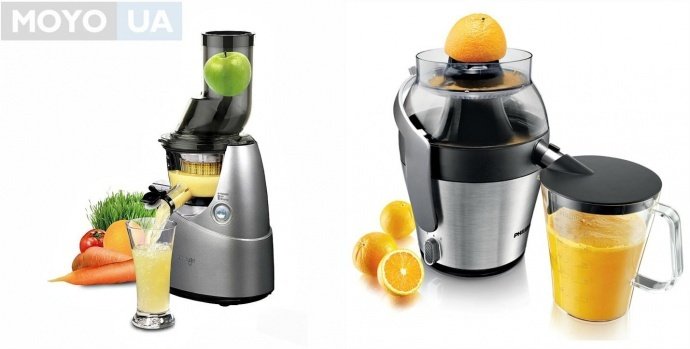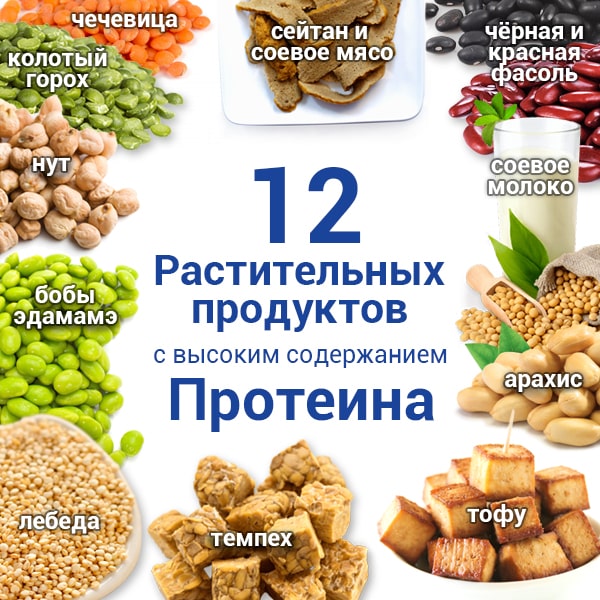
Auger juicer or juicer? What is best for juices?
Content
Using the names "slow juicer" and "juicer" interchangeably is very common. In fact, these devices differ mainly in design, method of operation and the final product obtained. The common feature, of course, is the preparation of healthy homemade fruit and vegetable juices. Which of the devices will work best in this role?
How does a juicer work?
To answer this question, you first need to understand how both devices work. A juicer is the most popular way to make juice at home by grinding ingredients into a smooth mass using built-in blades. Further, the ingredients inside the device are subjected to centrifugal force and the resulting pulp is pressed against the sieve, through which the juice begins to flow.
These devices are characterized by high revolutions (from several to several thousand per minute), due to which the resulting juice is quickly aerated and oxidized. For this reason, the drink is immediately ready to drink - so do not put it off for later. The final fruit of the juicer is a transparent juice of a watery consistency, covered with foam. However, the nutritional values contained in it are lower than in the case of a product obtained from a juicer - a juicer does not extract substances from plant cells as well, due to the fact that the pulp remains inside the device.
Therefore, this equipment is much better suited for juicing solid ingredients. So it is perfect for those who want to cook carrot, beet or apple juice. With soft ingredients, such as herbs, the juicer will also not cope.
Pros and cons of a juicer
Undoubtedly, this device has its advantages and disadvantages. The main advantage is the possibility of preparing a large amount of juice in a very short time (due to high turnover). Its consistency is also an advantage because it is transparent and contains no pulp.
Of course, the biggest disadvantages include the impossibility of high-quality extraction of juice from soft and small ingredients - in addition to greens, the juicer does not cope well with wild berries. A big disadvantage is also the need to quickly consume the squeezed juice. For some, the disadvantage is a complex and difficult to clean design.
How does a slow juicer work?
The second device is a low speed juicer. Unlike a juicer, each of the ingredients placed in it is carefully and slowly crushed by the auger shaft, and then forced through the installed sieve. Due to the slow process of obtaining a drink, the juicer is characterized by low revolutions, usually reaching several tens of revolutions per minute. As a result, vegetable fibers are thoroughly crushed, as a result of which an increased amount of useful substances enters the juice.
A slow juicer produces thicker, less clear juice. However, its constancy is much more important. In addition, the resulting drink oxidizes more slowly, so it does not have to be consumed immediately after squeezing. Unlike a juicer, a juicer is great for both hard and soft ingredients.
Advantages and disadvantages of a slow juicer
Undoubtedly, the end product of her work is the biggest advantage of the slow juicer. The resulting juice (the production of which should not be limited to solid products) is of higher quality and healthier. Plus, it can be safely stored in the refrigerator. In addition, the device is less complex, which greatly simplifies its cleaning. Some appliances also offer other functions such as making mousses or chopping nuts.
One of the most commonly cited drawbacks is the machine's runtime - fewer turns means it takes longer to juic. However, its nutritional value should make up for expectations. People who decide to buy a slow juicer should also take into account the need to allocate more money for this purpose.
Juicer or juicer - what to choose?
People who want to equip their kitchen with a home juicing device very often wonder about the choice: juicer or juicer? After comparing the advantages and disadvantages of both devices, the answer to this question seems almost obvious. However, before making a final decision, it is also worth analyzing several important topics.
juice ingredients
First of all, you should think about what ingredients juices will be made from. If you are only interested in solid foods, buying a juicer will be more than enough. People who prefer a variety of ingredients, including healthy juices with salad or cabbage, should definitely get a juicer.
Appropriate Consistency
Another problem is the consistency of the drink you get. Not everyone wants the squeezed juice to be thick and with pulp. People who want a pure product are advised to use a juicer. However, you must consider the need for immediate consumption of the drink, which you do not need to worry about in the case of juices obtained from a juicer.
Frequency of use
The frequency of using the device also does not matter. Each use requires a thorough cleaning of the equipment. This process can be complex and time consuming in the case of a juicer with complex designs and many components. In this case, a slow juicer is better - preferably a single screw, because it has the fewest parts.
The amount of juice you get
Throughout the process, it is also necessary to analyze the amount of juice that will be produced by the device. RPM is important in this matter: a juicer allows you to squeeze more juice faster, while the effect of a slow juicer is to wait a little longer.
:
